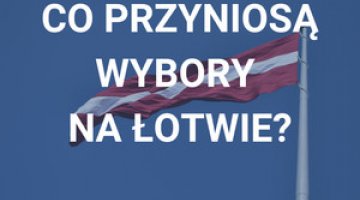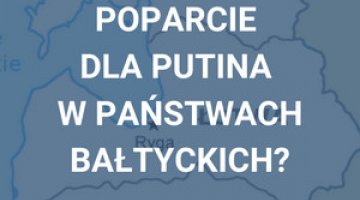Edgars Rinkēvičs is Latvia’s new president
On 31 May, the Latvian parliament elected Edgars Rinkēvičs as president. The long-time foreign minister’s candidacy was put forward by the ruling New Unity party of Prime Minister Krišjānis Kariņš. Rinkēvičs was only elected in the third round of voting, when he received the support of 52 MPs (out of 100). His candidacy was supported by New Unity and the opposition Union of Greens and Farmers and the Progressive party. Uldis Pīlēns (nominated by the United List) and Elīna Pinto (the candidate of the Progressives) also stood in the election.
The powers of the Latvian president include representing the state internationally and ratifying agreements. In addition, he acts as the head of the armed forces and is able to propose legislation. Rinkēvičs’s term of office will begin in July.
Commentary
- The election of the president came about through the cooperation of the ruling New Unity with the opposition, because Rinkēvičs did not receive the support of the other coalition parties: the United List, which is part of the government, put up its own candidate, while the National Alliance did not support any of the contenders. This will result in an increase in disputes within the ruling coalition. The first test for the new government will be the choice of a new foreign minister, and the next will be to pass the budget.
- The parliamentary majority that elected Rinkēvičs expects his long-standing international experience and contacts to prove useful to Latvia in the context of the worsening security situation. He gained his standing in international affairs while serving as Latvia’s foreign minister uninterruptedly since 2011. Prior to that, he was a civil servant and journalist. He was educated at universities in the US, the Netherlands and Latvia.
- Unlike the outgoing president Egils Levits, the new leader is unlikely to get involved in domestic affairs. He is not expected to initiate discussions or take a position on issues relating to regional problems, the economy or the polarisation of society. There is, however, a danger that disputes of competence between the presidential centre and the parliament could arise if Rinkēvičs’s ambitions to pursue an independent foreign policy prove too great. In the Latvian political system, the president cannot shape it; his task is simply to implement the directives of the parliament.




